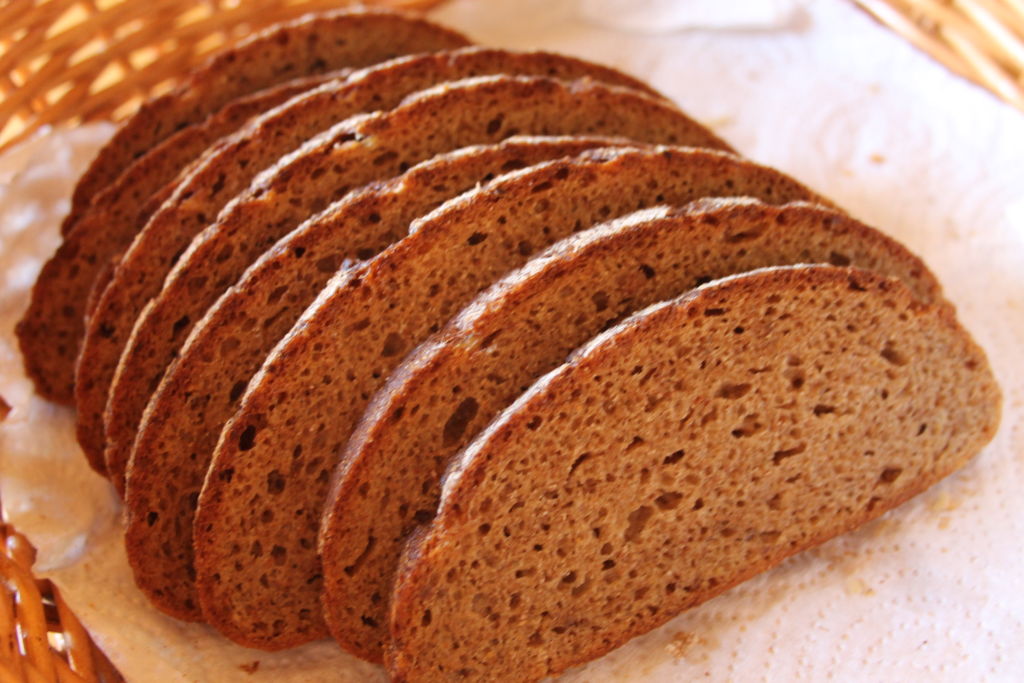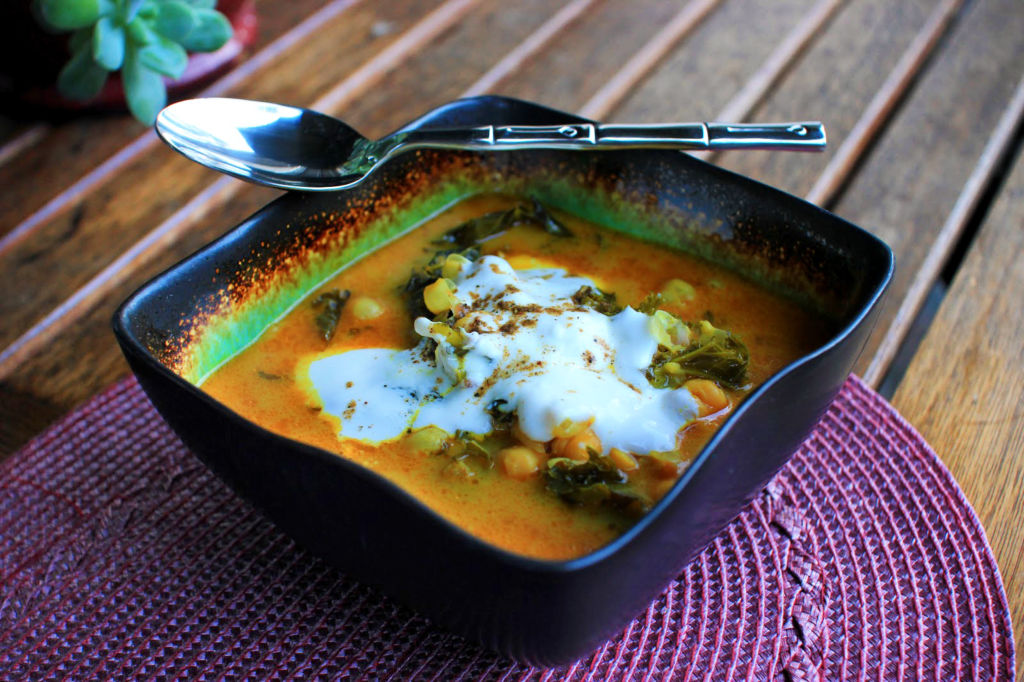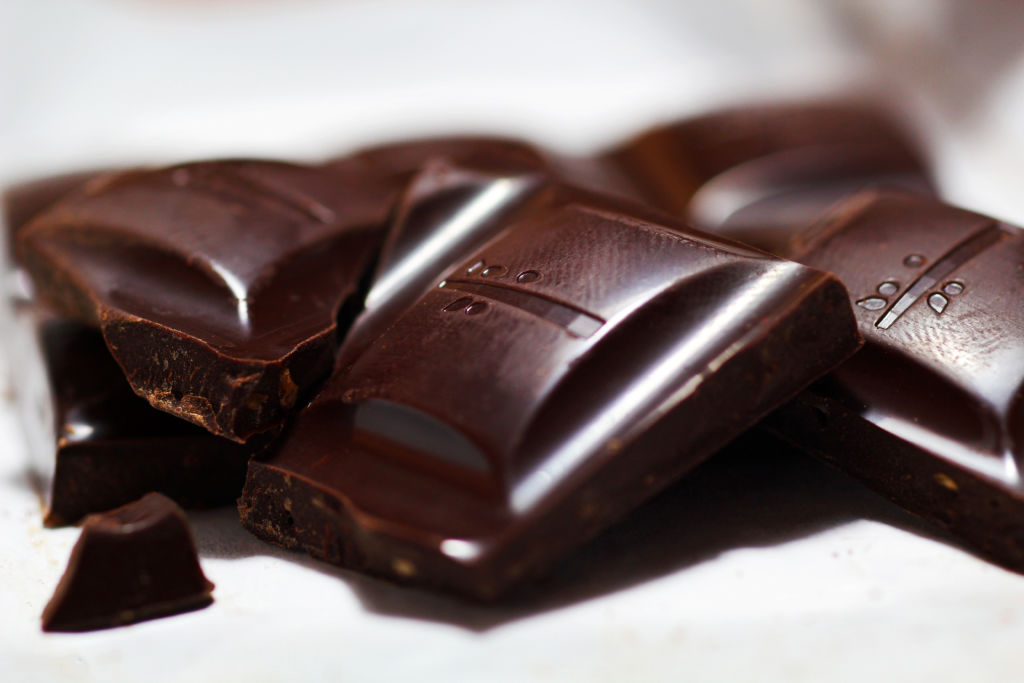Zinc is a mineral and a busy one, too: about a 100 enzymes in the body need zinc to function properly, it’s needed in DNA and protein synthesis, and – you guessed it – in immunity. (1)
In the immune system, zinc’s role is to develop and activate various white blood cells, the warriors of our immune system that rush onto the scene of infection and fight the perpetrators. Both T and B-lymphocytes need zinc for this – the role of these cells is to produce antibodies that help destroy foreign invaders. Antibodies can directly kill the pathogen, or flag it for other types of white blood cells to come take care of it. (2, 9)

Additionally, zinc deficiency has been seen to reduce natural killer cell activity (a type of lymphocyte that scans cells in our body and kills the ones that are not “self”), inhibit antibody responses and reduce antibody recall – the memory of past invaders becomes reduced and the same bug has a better chance to attack again (2,9).
Furthermore, deficiency has been associated with increased susceptibility to pneumonia and other infections (1). What about viral infections specifically? I’ve long heard that taking zinc lozenges can help us when we have a cold. The theory is that zinc reduces the binding and replication of cold viruses, which then can shorten the duration of the cold. But, in order to do this, zinc must come into contact with the viruses directly, thus the need for lozenges and syrups. (1)
Many a study has been done to see whether the above is true. Some of them saw beneficial effects, and some didn’t. Overall, the consensus seems to be leaning toward concluding that zinc lozenges have benefits, but the exact dose and formulation are still under scrutiny. (1)
Of course, zinc is now also being heavily studied to find out if it might be an effective treatment against the novel coronavirus. In the lab, scientists have found that zinc can inhibit viral RNA polymerase activity, which means that the virus has more difficulty multiplying itself. Other antiviral mechanisms are also boosted (5). Zinc seems to also help prevent inflammation from getting out of hand during infection, which might be especially important for patients in the intensive care unit (3, 5).
So make sure you get enough zinc in your diet every day to support your immunity, and use zinc lozenges and syrups if you start feeling like you are getting sick.
This is how much you need every day (milligrams)
| Age | Male | Female |
| 0-6 months | 2 | 2 |
| 7 mo – 3 years | 3 | 3 |
| 4-8 | 5 | 5 |
| 9-13 | 8 | 8 |
| 14+ | 11 | 9 |
| Pregnancy/lactation | 11-13 |

People at higher risk for deficiency:
- Vegetarians
- Pregnancy
- Sickle cell disease
- Alcoholics
- It estimated that 30% of elderly people in the US have zinc deficiency. (4) That’s a huge number!
However, you can overdo it. Too much zinc can acutely cause nausea, vomiting, loss of appetite, abdominal cramps, diarrhea, and headache. Over time, copper deficiency (zinc reduces copper absorption in the gut), alterations in iron function, reduced immune function, impaired taste and smell, night blindness, and memory impairments can happen (1,2).
It’s not completely clear how much is too much, but the tolerable upper intake level (UL) is set at 40 mg per day. In the long term, a study found signs of zinc toxicity with a dose of 60 mg daily for 10 weeks.
I picked a random zinc lozenge brand to see how much zinc it contains, and the one I chose to look at had 25 mg of zinc in 1 lozenge. The bottle recommended 1-3 lozenges daily, which would equate to 25-75 mg zinc per day. Taking more than one lozenge would exceed the upper level, although interestingly, zinc lozenges were noted to be effective at doses up to 75 mg in the first 24 hours after the onset of cold symptoms (in adults only) (6). Thus, it seems that short term higher intakes are acceptable and even necessary. Of note, no cases of zinc toxicity caused by eating a lot of zinc rich foods has ever been reported (10). Personally, I’ve experienced nausea from taking a supplement, especially on an empty stomach.
Do realize that many of these products contain sugar in some form, which can cause tooth decay., so take good care of your teeth.

Foods rich in zinc include seafood (especially oysters), red meat, beans, seeds, nuts, soy, and grains. Some foods are fortified with zinc, such as ready-to-eat cereals. Zinc from plant foods is a bit more difficult to absorb because of phytates present in many of those foods, but fermenting and sprouting help mitigate this effect (8). In all, getting zinc from food is not that difficult and taking a supplement should not be necessary if you are eating a balanced diet. Just be careful with those lozenges and syrups.
Stay strong,
Anna-Kaisa
References:
- National Institutes of Health. https://ods.od.nih.gov/factsheets/Zinc-HealthProfessional/
- Zinc and immune function: the biological basis of altered resistance to infection. Shankar and Prasad. 1998. https://academic.oup.com/ajcn/article/68/2/447S/4648668
- Zinc helps against infection by tapping brakes in immune response. 2013. https://www.sciencedaily.com/releases/2013/02/130207131344.htm
- Kubala. The 15 Best Supplements to Boost Your Immune System Right Now. 2020. https://www.healthline.com/nutrition/immune-boosting-supplements#2.-Zinc
- Skalny et al. Zinc and respiratory tract infections. Perspectives for COVID-19. 2020. https://www.ncbi.nlm.nih.gov/pubmed/32319538
- Schelden. Can Zinc Lozenges Ward Off Coronavirus? What Doctors Say2020. https://www.medicinenet.com/script/main/art.asp?articlekey=228691
- USDA National Nutrient Database for Standard Reference Release. Zinc. https://ods.od.nih.gov/pubs/usdandb/Zinc-Content.pdf
- Lönnerdal. Dietary factors influencing zinc absorption. 2000. https://www.ncbi.nlm.nih.gov/pubmed/10801947
- Prasad. Zinc in Human Health: Effect of Zinc on Immune Cells. 2008. https://www.ncbi.nlm.nih.gov/pmc/articles/PMC2277319/
- Meixner. 7 Signs and Symptoms of Zinc Overdose. 2018. https://www.healthline.com/nutrition/zinc-overdose-symptoms
